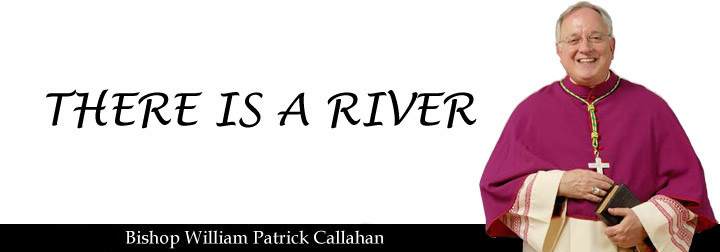Dear Brothers and Sisters in Christ,
May the Lord give you peace.
The unprecedented actions of the past weeks, though challenging for each of us, highlight our need for spiritual sustenance. Let us use this time by placing Our Lord at the center of our lives. Our Diocesan website, diolc.org, offers links and resources as we pray for help, protection, and healing. I heartily encourage you to check it out.
In addition, I urge you to participate in the special prayer of Pope Francis taking place in Saint Peter’s Square this Friday, March 27. This event will be broadcast and streamed on the website of the Vatican News, www.VATICANNEWS.VA, at 12:00 p.m. (noon) Central Daylight Time. The Holy Father will grant to all participants a Plenary Indulgence before imparting the Urbi et Orbi Blessing, the special blessing to the City of Rome (Urbi) and the World (Orbi).
The Holy See’s March 20 Decree explains that the current Plenary indulgence at this time of pandemic is “granted to the faithful suffering from Coronavirus, who are subject to quarantine by order of the health authority in hospitals or in their own homes if, with a spirit detached from any sin, they unite spiritually through the media to the celebration of Holy Mass, the recitation of the Holy Rosary, the pious practice of the Way of the Cross or other forms of devotion; or, they may simply recite the Creed, the Lord’s Prayer and a pious invocation to the Blessed Virgin Mary, offering this trial in a spirit of faith in God and charity towards their brothers and sisters, with the will to fulfil the usual conditions (sacramental confession, Eucharistic communion and prayer according to the Holy Father’s intentions), as soon as possible.”
An indulgence, Pope St. John Paul II explained, is “the expression of the Church’s full confidence of being heard by the Father when—in view of Christ’s merits and, by his gift, those of Our Lady and the saints—she asks him to mitigate or cancel the painful aspect of punishment by fostering its medicinal aspect through other channels of grace” (General Audience, September 29, 1999).
I pray for each of you during this crisis, that you and your loved ones are safe and healthy through the intercession of our Mother Mary and our patrons, St. Joseph and St. Francis of Assisi. Imploring God’s blessings on you in this time of need, I am
+William Patrick Callahan, OFM Conv.
Bishop of La Crosse
